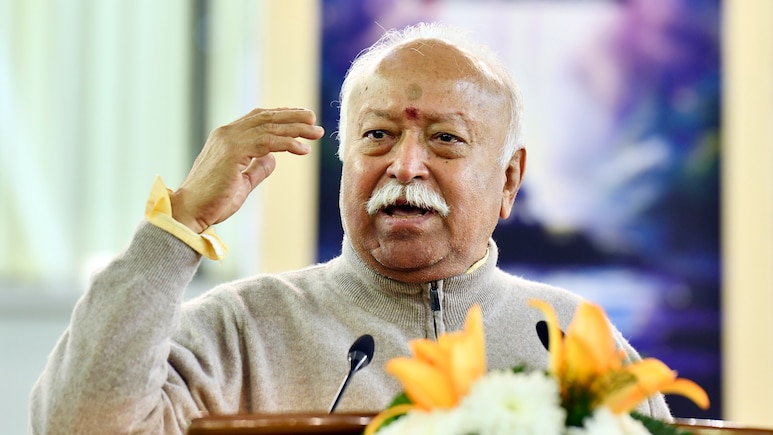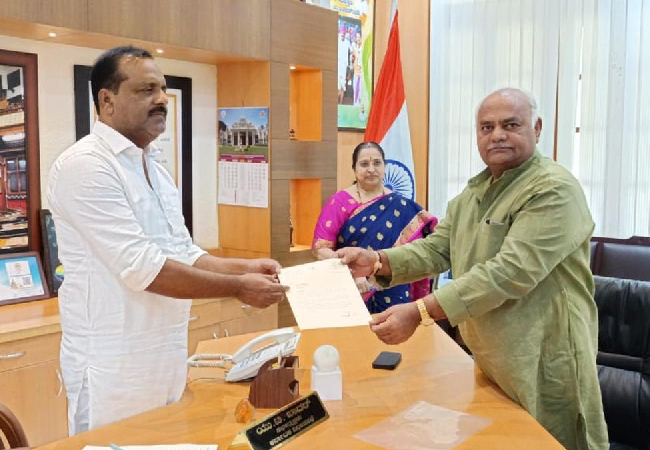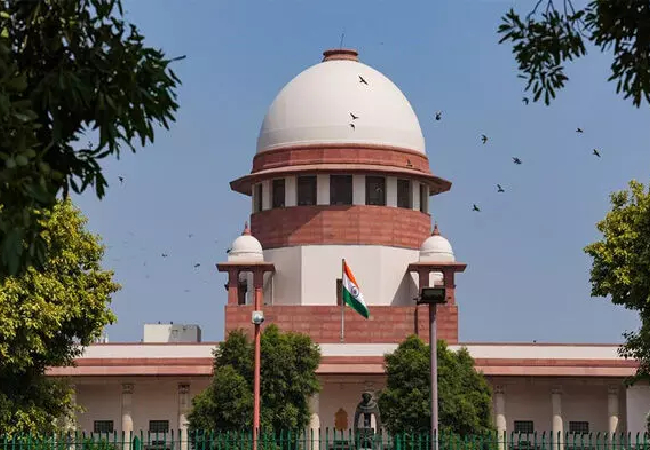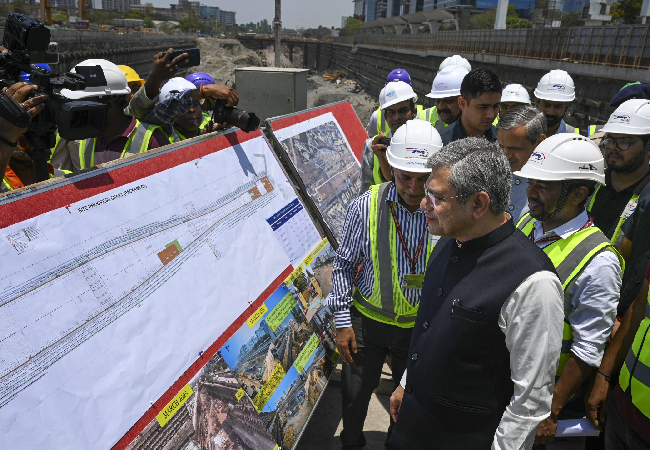New Delhi: The Rashtriya Swayamsevak Sangh (RSS) has expressed caution over the caste census survey, urging that it should not be used as a political tool. While the organisation has not issued an official response to the Union government’s recent decision to conduct caste-based enumeration alongside the upcoming decadal census, sources indicate that the Sangh remains watchful of its implications.
The RSS, which has historically opposed caste-based segregation, supports the idea of sub-categorisation within Scheduled Castes and Scheduled Tribes and the introduction of a creamy layer—but insists this must be done through consultation and consensus with stakeholders.
This development comes shortly after Prime Minister Narendra Modi met RSS Chief Mohan Bhagwat at the Prime Minister’s official residence, a meeting that has drawn attention amid the government’s announcement.
The Sangh has long championed the cause of Samajik Samarasta (social harmony), a campaign aimed at unifying Hindu society across caste lines. It has maintained that caste enumeration should not become a vehicle for political gain. In September last year, RSS chief spokesperson Sunil Ambekar, speaking in Palakkad, Kerala, emphasised that caste-related issues must be approached with sensitivity due to their impact on national unity and integrity.
“Such issues should not be handled based on elections or electoral politics,” Ambekar had said. He added that while collecting caste data for welfare purposes is an accepted practice, it must strictly serve the interests of underprivileged communities, and not be exploited for political advantage.
According to the RSS, it has no objection to caste data collection if it is used for public welfare rather than for fostering political divisions. Observers suggest that this nuanced endorsement has provided the Modi government the ideological clearance to proceed without alienating its traditional support base.
With ground-level implementation already visible in states like Bihar and ideological alignment at the national level, the caste census is poised to significantly influence India’s social policy and electoral strategies. For a nation still striving for equitable representation and social justice, the exercise could supply much-needed empirical data to guide policy decisions.
Let the Truth be known. If you read VB and like VB, please be a VB Supporter and Help us deliver the Truth to one and all.
Bengaluru: Minister for Textiles and APMC Shivanand S Patil resigned as MLA on Friday, stating that he was accepting a challenge from expelled BJP legislator Basanagouda Patil Yatnal to contest a by-election against him, but Karnataka Assembly Speaker UT Khader rejected the letter on grounds that Patil's resignation was not in the right format.
The minister, who is the MLA from Basavana Bagevadi, had requested the Speaker in his letter to accept his letter only if Yatnal too resigned as legislator of Vijayapura to contest against him.
Yatnal too, however, has rejected Patil's challenge, calling it only a drama. Stating that a conditional resignation was not acceptable, Yatnal added that he would not resign unless the minister's resignation letter was accepted.
Yatnal had recently criticized Patil and Congress MLA from Hungund Vijayanand Kashappanavar for protesting against him in Vijayapura city for his allegedly defamatory comments on Muslims. Yatnal had also challenged both Congress leaders to face him in by-elections from their respective constituencies.
On Friday, Patil submitted his resignation, saying he was accepting Yatnal's challenge and would take on the MLA in a by-election from Basavana Bagevadi.





